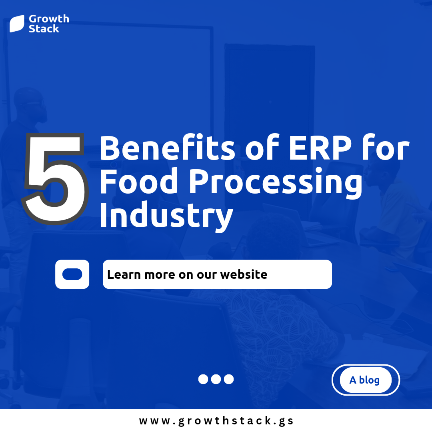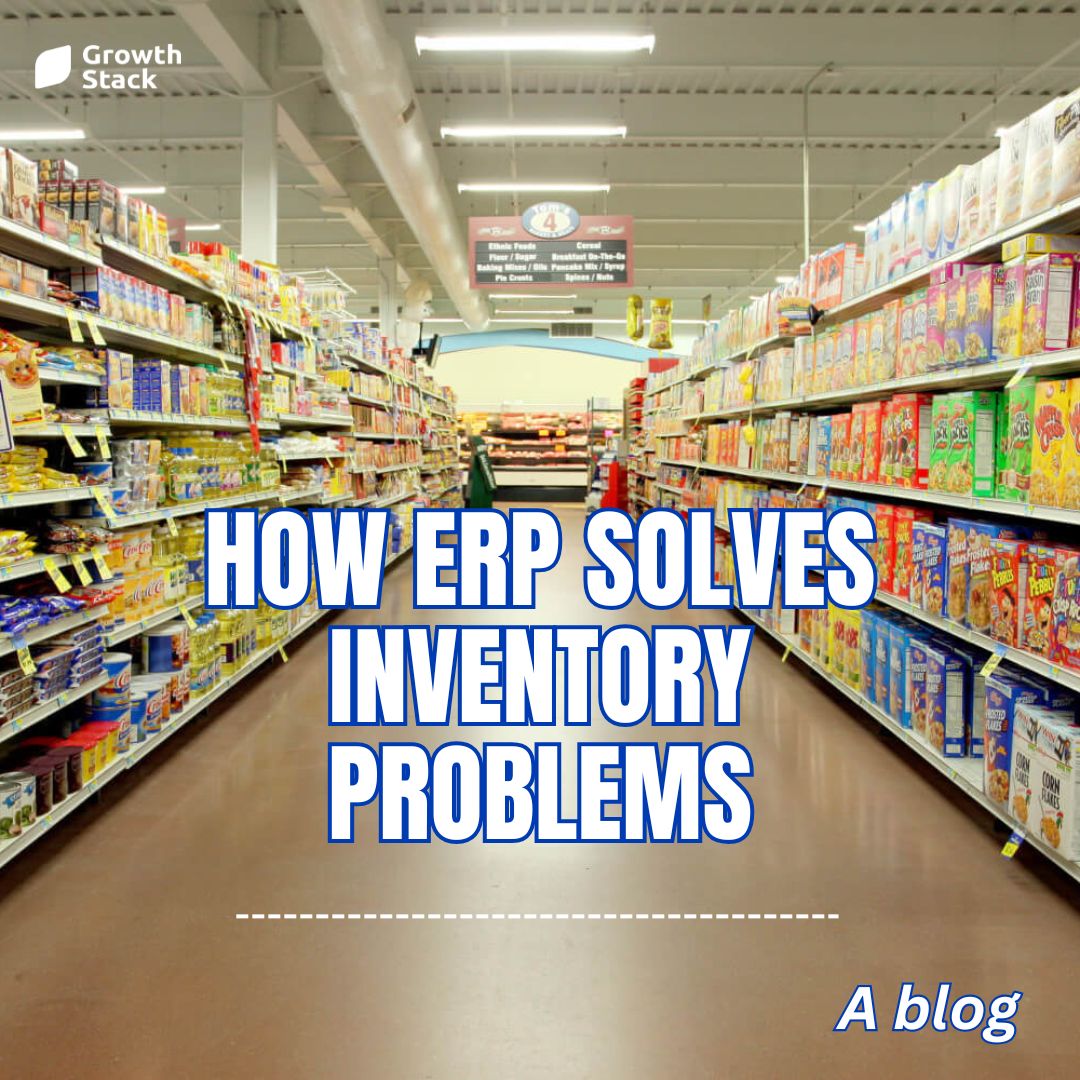In today’s competitive food processing industry, businesses face complex challenges, including managing supply chains, maintaining regulatory compliance, and ensuring quality control. Implementing an Enterprise Resource Planning (ERP) system can help overcome these challenges.
Let’s explore the top 5 benefits of ERP for food processing companies.
1. Enhanced Production Efficiency
One of the main benefits of ERP for food processing is the ability to streamline production processes. An ERP system integrates various departments, ensuring that production planning, procurement, and inventory management are well-coordinated. This leads to fewer bottlenecks, reduced downtime, and improved overall efficiency.
By automating manual tasks and reducing human errors, ERP systems can significantly enhance productivity, enabling food processing businesses to meet demand without compromising on quality.
2. Better Inventory Management
Another benefit of ERP systems for food processing industry is that it provides real-time visibility into inventory levels, ensuring that you always know how much raw material is available and when to reorder. This is critical for the food processing industry, where maintaining the freshness of ingredients and minimizing waste is key.
With accurate inventory data, businesses can avoid overstocking or understocking, both of which can lead to financial losses. An ERP system helps ensure that ingredients are used before their expiration, leading to cost savings and efficient resource utilization.
3. Regulatory Compliance and Traceability
Compliance with food safety regulations is essential in the food processing industry. Another benefit of ERP for food processing is its ability to help businesses stay compliant with these regulations. An ERP system provides features like lot tracking, traceability, and automated reporting, making it easier to monitor production and ensure regulatory compliance.
In the case of a recall, ERP software allows businesses to quickly trace the affected batches, ensuring that any non-compliant products are efficiently removed from the supply chain.
4. Improved Quality Control
Maintaining high product quality is crucial for food processing companies to stay competitive. ERP systems can automate quality checks at various stages of production, ensuring that products meet required standards before they reach the consumer.
With real-time data on production performance, ERP systems enable managers to make informed decisions, quickly addressing any quality issues and reducing the risk of product recalls or customer dissatisfaction.
5. Optimized Supply Chain Management
The food processing industry relies heavily on timely delivery of raw materials and distribution of finished products. An ERP system offers a centralized platform to manage the entire supply chain. From vendor management to logistics tracking, ERP helps food processors optimize their supply chains, ensuring on-time deliveries and reducing transportation costs.
By having a clear view of the supply chain, businesses can anticipate disruptions, manage relationships with suppliers more effectively, and make data-driven decisions to improve overall supply chain performance.
In conclusion, the benefits of ERP for food processing businesses are numerous, from enhanced efficiency and better inventory management to improved compliance and supply chain optimization. Implementing an ERP system can be a game-changer for food processors looking to enhance their operations and achieve long-term success.










